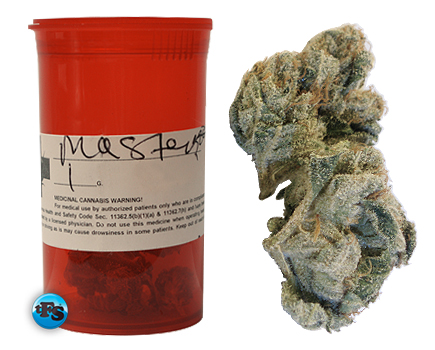 When it comes to medical marijuana, Colorado employers are caught between conflicting laws.
When it comes to medical marijuana, Colorado employers are caught between conflicting laws.
The state’s medical-marijuana amendment, passed by voters in 2000, says that employers don’t have to accommodate medical-marijuana use in the workplace.
But another Colorado law, enacted a few years ago to protect cigarette smokers, prohibits firing employees for engaging in legal activities during nonworking hours.
That suggests that people who smoke medical hemp before arriving at work could be protected under state law, whether their employers like it or not. And with roughly 30,000 Coloradans now estimated to be qualified to use medical marijuana, employers are growing increasingly uneasy.
It’s the kind of quandary employers in other states are have faced as well, as medical hemp gains increasing acceptance.
“No cases have been litigated yet in Colorado, so we’re not sure how a court might rule or how a jury might find,” said Danielle Urban, an attorney with Fisher & Phillips LLP, a Denver-based employment law firm.
State courts in California, Washington, and Oregon have handled cases involving employees that were terminated for medical-marijuana use, and they all have sided with employers, she said.
However, none of those states had a law similar to Colorado’s “Unlawful prohibition of legal activities as a condition of employment” statute.
“An employer can always send an employee home if they’re under the influence,” said Vance Knapp, an employment attorney at Sherman & Howard LLC in Denver. “The tricky issue becomes what happens if an employer does a random drug test and an employee tests positive, but says ‘I’m not intoxicated; I’m using this on my own time to treat my chronic disease.’”
Unlike alcohol, elements of hemp use can be detected for days or even weeks, making it difficult to determine how recently the drug was used.
“I’m a former prosecutor, and I can tell you that sometimes the trace elements of hemp can be in a person’s bloodstream or hair follicles for three weeks, even after smoking one hemp cigarette,” Knapp said. “It’s not like alcohol, where it burns off after a good night’s sleep and drinking some water.”